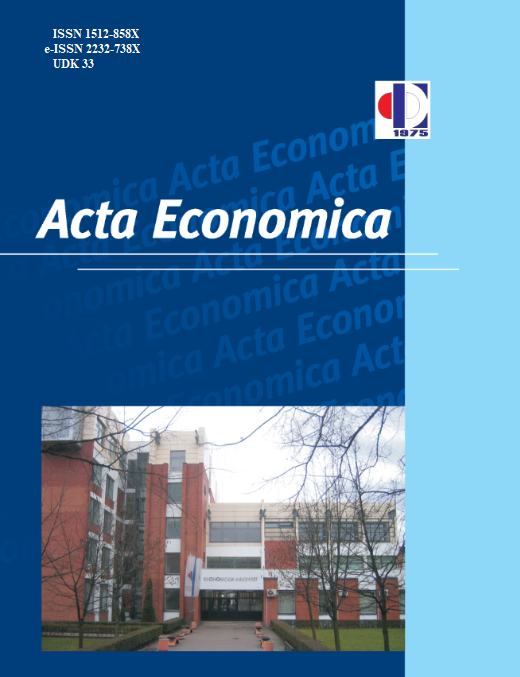THE APPLICATION OF FAIR VALUE ACCOUNTING IN BOSNIA AND HERZEGOVINA
DOI:
https://doi.org/10.7251/ACE1931149PAbstract
This study investigates the application of fair value ac- counting in companies in Bosnia and Herzegovina. The study was conducted on a sample of 190 companies. The application of fair value accounting causes a lot of controversy related to the relevance and reliability of fair value information. It is believed that the extent to which fair value measurement is used reflects attitudes of financial statement preparers about the usefulness of this model at its best. The findings of this study sug- gest that most companies in Bosnia and Herzegovina do not have tendency to apply fair value accounting. It is found that half of the companies in the sample do not use fair value accounting at all. Almost half of the com- panies that use fair value accounting use it just because they own assets that require fair value measurement. Fair value accounting is much more used in financial and larger companies than in non-financial and smaller companies. Companies mostly use fair value accounting for the measurement of investment property. However, they use it for the measurement of intangible assets at a minimum. The findings also suggest that the application of fair value accounting increases the uncertainty in fi- nancial statements. The quality of fair value disclosures is very low. Numerous companies do not disclose infor- mation on fair value hierarchy and valuation techniques that were used for fair value measurement. Companies that disclose this information mostly use indirectly ob- servable inputs (Level 2) for fair value measurement and these create a lot of room for earnings management.

